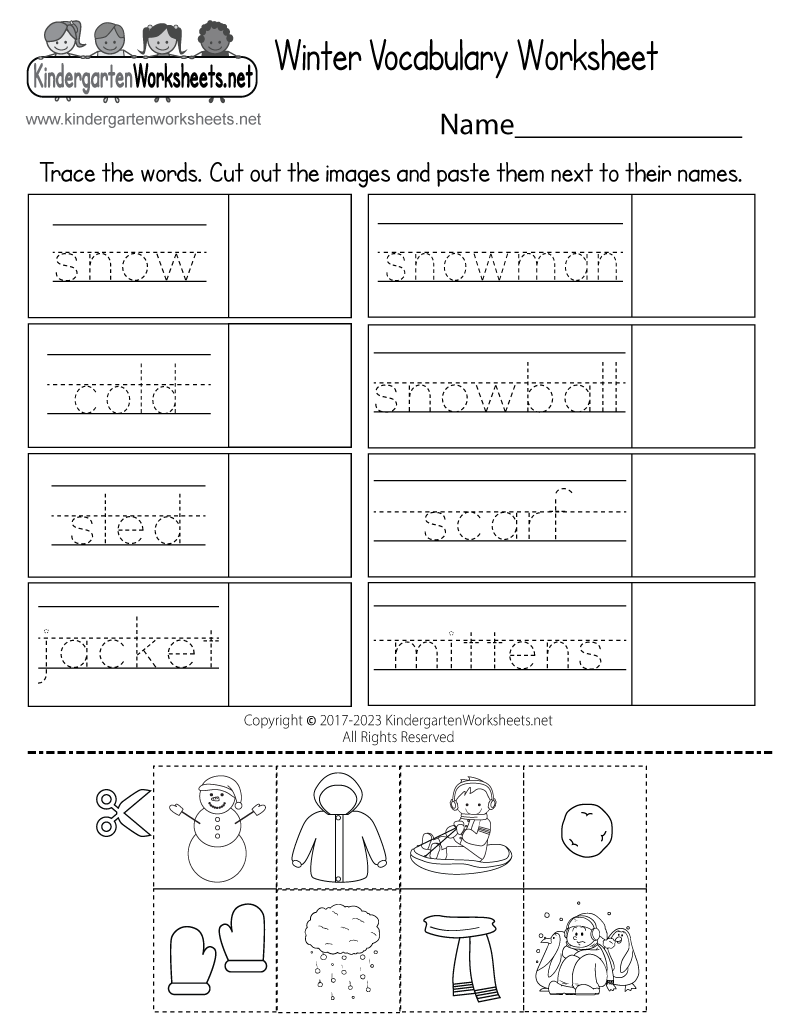As children enter kindergarten, they are introduced to a whole new world of words and language. Building a strong vocabulary at this age is crucial for their future academic success. Kindergarten vocabulary words are typically simple and easy to understand, but they play a vital role in helping young learners develop their language skills.
Kindergarten vocabulary words often revolve around basic concepts such as colors, shapes, numbers, animals, and everyday objects. By introducing these words early on, teachers can help children expand their vocabulary and improve their communication skills. It is important for kindergarten students to not only recognize these words but also understand their meanings and how to use them in context.
Common Kindergarten Vocabulary Words
1. Colors – red, blue, yellow, green, orange, purple, pink, brown, black, white
2. Shapes – circle, square, triangle, rectangle, oval, diamond, heart
3. Numbers – one, two, three, four, five, six, seven, eight, nine, ten
4. Animals – dog, cat, bird, fish, rabbit, bear, elephant, lion, monkey, tiger
5. Objects – ball, book, chair, table, cup, spoon, fork, plate, car, house
Kindergarten teachers often use a variety of tools and activities to help students learn and remember these vocabulary words. Flashcards, games, and interactive activities are just a few examples of how educators can make learning fun and engaging for young learners. By incorporating these words into everyday lessons and activities, teachers can reinforce the vocabulary and help children retain the information.
Parents can also play a key role in helping their children expand their kindergarten vocabulary. Reading books together, pointing out new words in everyday conversations, and encouraging children to ask questions can all help strengthen their language skills. By creating a language-rich environment at home, parents can support their child’s learning and development.
In conclusion, kindergarten vocabulary words are the building blocks for young learners as they begin their academic journey. By exposing children to a variety of words and concepts early on, educators and parents can help set them up for success in school and beyond. With the right support and resources, children can develop a strong vocabulary that will serve them well throughout their educational career.
